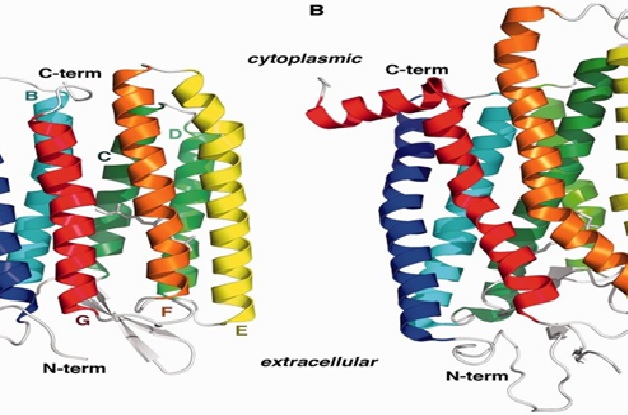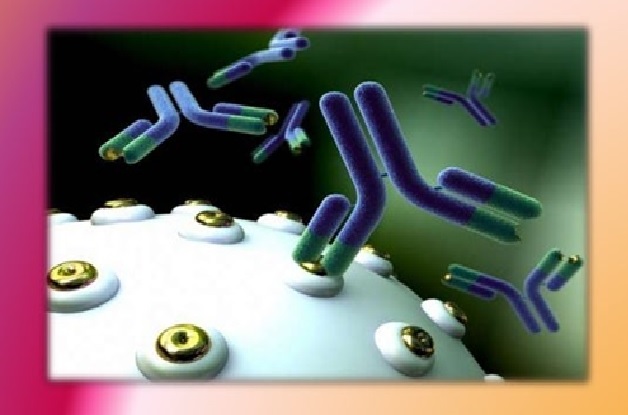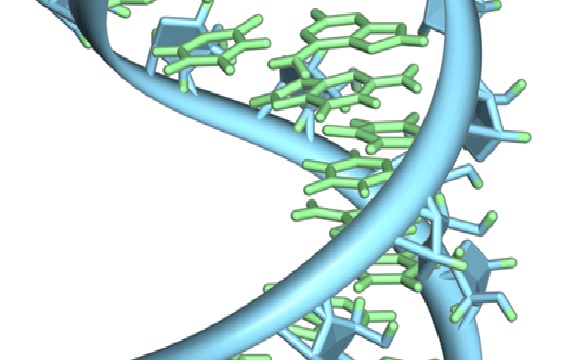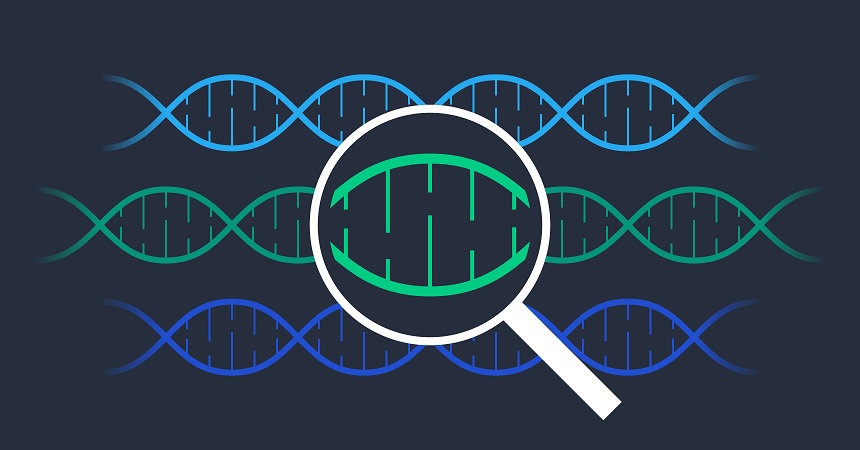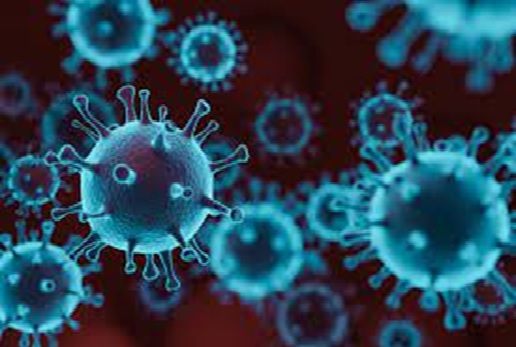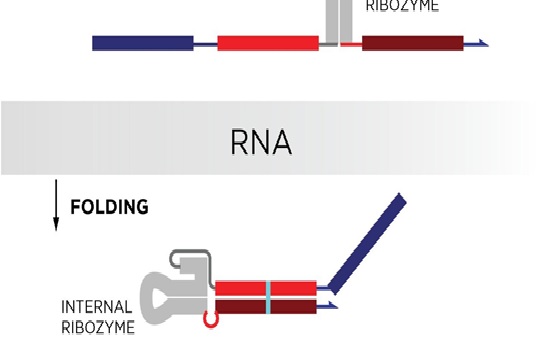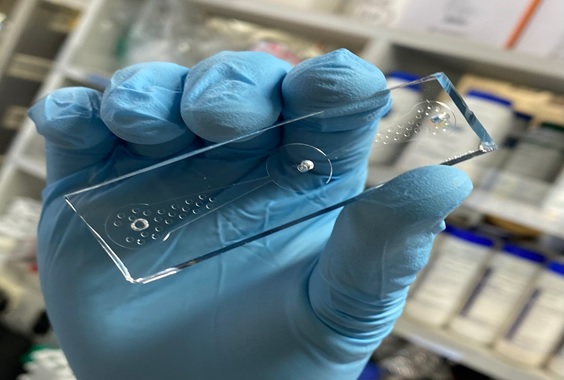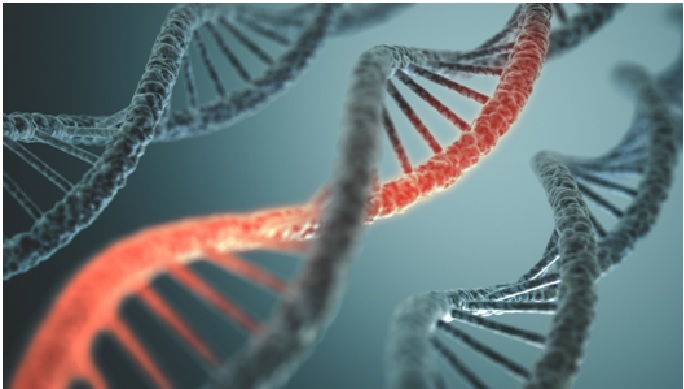Uncovers the impact of genetic mutations on lifelong blood cell production
All human cells acquire genetic changes in their DNA throughout life, known as somatic mutations, with a specific subset of mutations driving cells to multiply. This is common in professional blood-making cells, known as blood stem cells, and results in the growth of populations of cells with identical mutations known as 'clones'. This process, termed 'clonal hematopoiesis', becomes ubiquitous with age, and is a risk factor for developing blood cancer and other age-related conditions. [1]
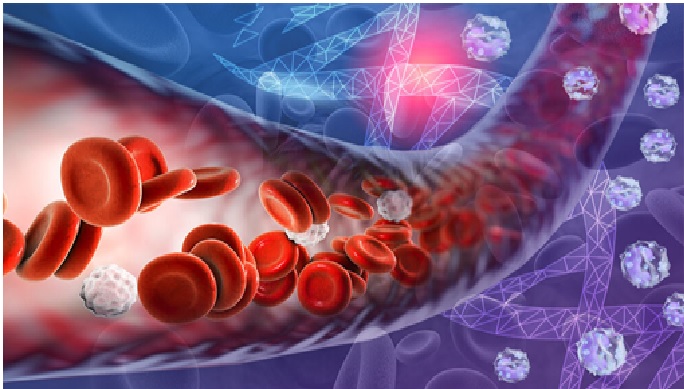
Figure 1. Uncovers the impact of genetic mutations on lifelong blood cell production
Figure 1 shows to understand how and when clonal haematopoiesis develops, how it is influenced by ageing, and how it relates to disease, the researchers tracked nearly 700 blood cell clones from 385 individuals aged over 55, who were part of the SardiNIA longitudinal study. Participants donated regular blood samples for up to 16 years.
DNA sequencing of blood samples showed that 92.4 per cent of clones expanded at a stable exponential rate over the period studied. The rate of growth was primarily influenced by the nature of the mutated gene in each clone. [2]
After capturing the behaviour of clones in later life, the team used mathematical models to infer their growth patterns over the entire human lifespan. They uncovered that clone behaviour changed dramatically with age depending on the identity of the mutated gene.
First, clones driven by mutations in DNMT3A, expanded fast in young people and then deceleratedin old age. Second, clones driven by mutations in TET2 appeared and grew uniformly throughout life, such that they became more common than DNMT3A-mutant clones after the age of 75. Finally, clones with mutations in splicing genes, U2AF1 and SRSF2, only expanded exclusively later in life and exhibited some of the fastest growth. [3]
Using the past to predict future mutations
“Our findings reveal how acquired genetic DNA changes hijack blood formation during our lifetimes, with normal blood stem cells competing against cells with pre-leukaemia mutations,” said Margarete Fabre, PhD student at the Wellcome Sanger Institute and the University of Cambridge. “Understanding why some mutations prevail in youth and others in old age could help us find ways to maintain the health and diversity of our blood cells.” [4]
References:
- https://www.news-medical.net/news/20220601/New-study-uncovers-the-impact-of-genetic-mutations-on-lifelong-blood-cell-production.aspx
- https://www.sciencedaily.com/releases/2022/06/220601111734.htm
- https://techilive.in/impact-of-dna-mutations-on-lifelong-blood-cell-production-uncovered/
- https://www.embl.org/news/research-highlights/impact-of-dna-mutations-on-blood-cell-production/
Cite this article:
Thanusri swetha J (2022), Uncovers the impact of genetic mutations on lifelong blood cell production, AnaTechMaz, pp.44


